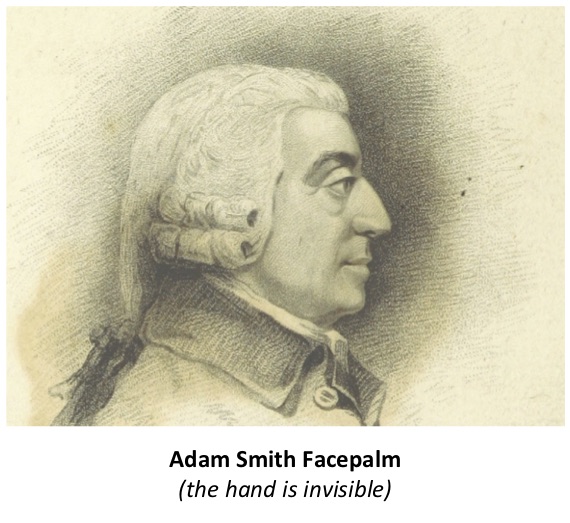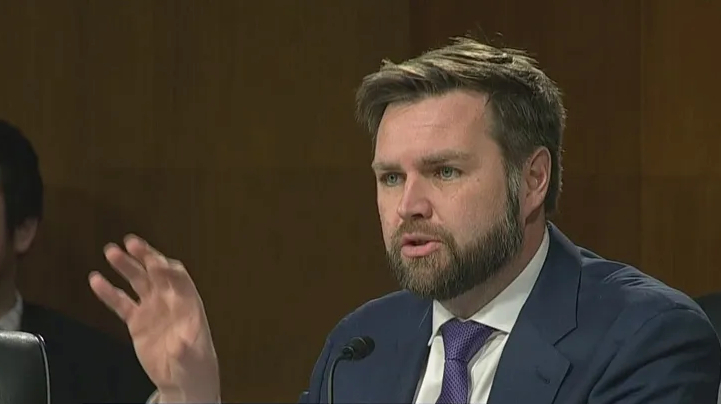That question leads to Dartmouth College economics professor Douglas Irwin’s “A Brief History of International Trade Policy,” which is well worth the read for anyone interested.
It’s a topic that I’ve written about frequently during the presidency of Donald Trump. Some examples:
- Tariffs, like minimum wage hikes, are based in faulty economic thinking
- How tariffs harm the poor
- Trump’s trade war is based in bad economics
- Economists: Warning about protectionism since Adam Smith
- Economists: Warning about protectionism since Adam Smith, part 2
- Economists: Warning about protectionism since Adam Smith, part 3
 In part 2 of that series, I quoted Mercatus Center economist Adam Millsap, whose question is like Econlib’s:
In part 2 of that series, I quoted Mercatus Center economist Adam Millsap, whose question is like Econlib’s:
If the case for free trade is as open-and-shut as any in the field of economics, why don’t the political class or the public fully accept it?
Turns out Adam Smith had already answered the question. Irwin reminds us of Smith’s answer to:
Not only the prejudices of the public, but what is much more unconquerable, the private interests of many individuals, irresistibly oppose it.
Smith is describing a compound of populism and cronyism. Politically it’s a very potent mix.


